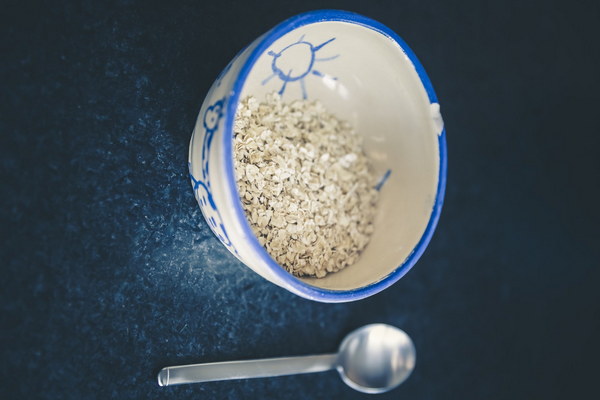Should You Separate Thyroid Medication and Liver Protection Drugs Understanding the Importance of Timing
Introduction:
Hyperthyroidism, commonly known as hyperthyroidism, is a condition characterized by an overactive thyroid gland. It can lead to various symptoms such as weight loss, palpitations, and excessive sweating. One of the commonly prescribed medications for treating hyperthyroidism is radioactive iodine therapy or antithyroid drugs. On the other hand, liver protection drugs are often prescribed for various liver-related conditions. The question that arises is whether these two types of medications should be taken separately. In this article, we will explore the importance of timing and potential interactions between thyroid medication and liver protection drugs.

Understanding Thyroid Medication:
Thyroid medications, such as radioactive iodine therapy or antithyroid drugs, work by either reducing the production of thyroid hormones or by blocking the effects of thyroid hormones in the body. These medications are crucial in managing hyperthyroidism and preventing its complications. It is important to adhere to the prescribed dosage and timing of these medications for optimal results.
Understanding Liver Protection Drugs:
Liver protection drugs are used to treat various liver-related conditions, such as liver inflammation, liver cirrhosis, or liver damage due to certain medications or toxins. These drugs aim to reduce liver inflammation, improve liver function, and prevent further liver damage. They are often prescribed in conjunction with other treatments or as a standalone therapy.
Timing and Separation:
The question of whether thyroid medication and liver protection drugs should be taken separately depends on several factors, including potential drug interactions, individual patient factors, and the specific medications involved. Here are a few considerations:
1. Potential Drug Interactions:
It is essential to consider potential drug interactions between thyroid medication and liver protection drugs. Some medications may interfere with the absorption or efficacy of each other, leading to suboptimal therapeutic outcomes. Consultation with a healthcare professional is crucial to assess any potential interactions and determine the appropriate dosing and timing.
2. Individual Patient Factors:
Each patient's medical history, age, and overall health condition should be taken into account when determining the timing of thyroid medication and liver protection drugs. Certain individuals may have specific requirements or contraindications that necessitate separating the administration of these medications.
3. Specific Medications:
The specific medications involved in the treatment plan play a vital role in determining the timing and separation of dosages. Some medications may require a specific interval between doses to minimize potential side effects or maximize efficacy.
4. Professional Advice:
It is always recommended to consult with a healthcare professional, such as a doctor or a pharmacist, to determine the best approach to separate thyroid medication and liver protection drugs. They can provide personalized advice based on individual circumstances and medical history.
Conclusion:
In conclusion, whether thyroid medication and liver protection drugs should be taken separately depends on various factors, including potential drug interactions, individual patient factors, and the specific medications involved. It is crucial to consult with a healthcare professional to determine the appropriate timing and dosing of these medications. Adhering to professional advice ensures optimal therapeutic outcomes and minimizes potential risks or side effects.









